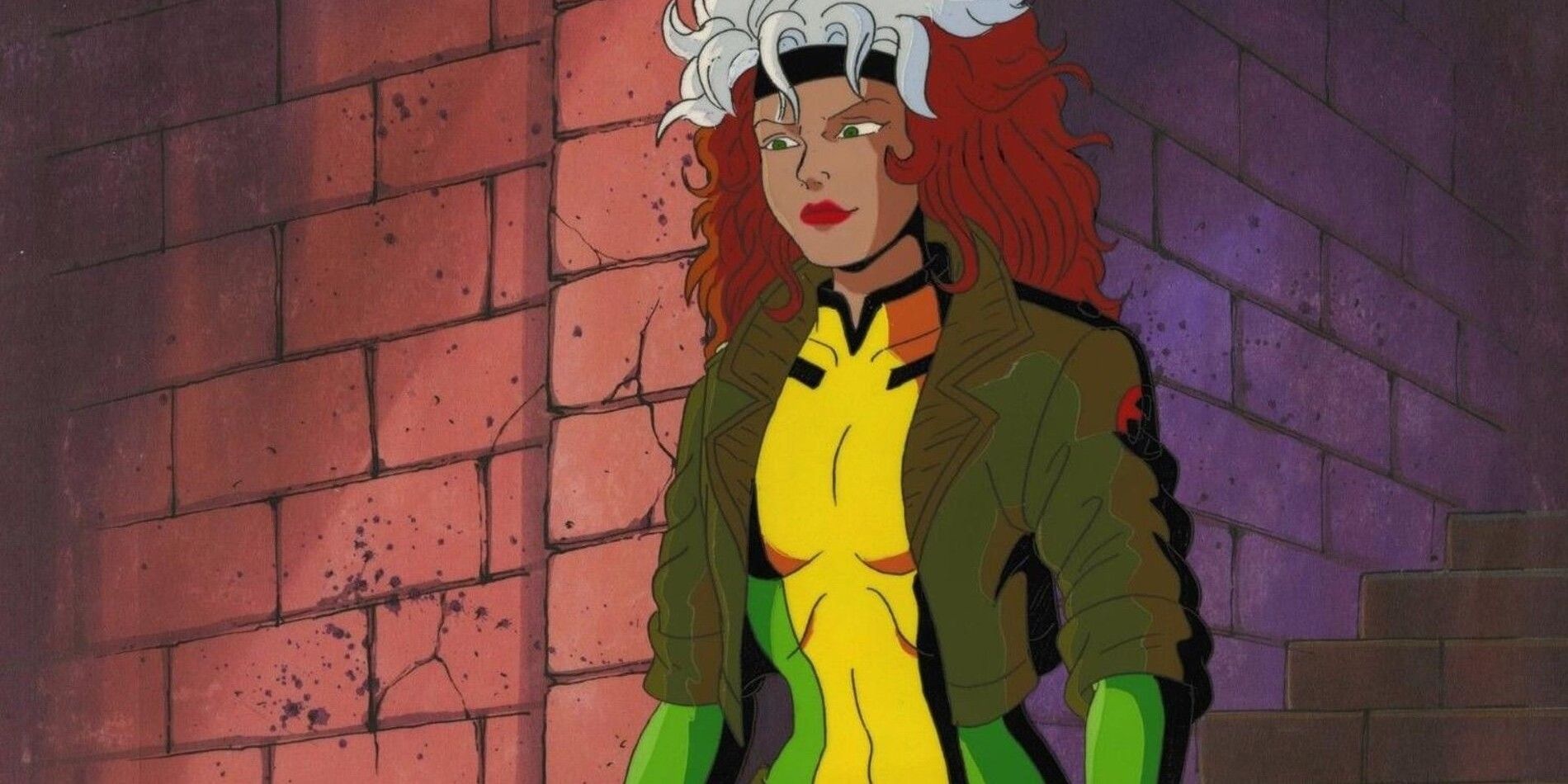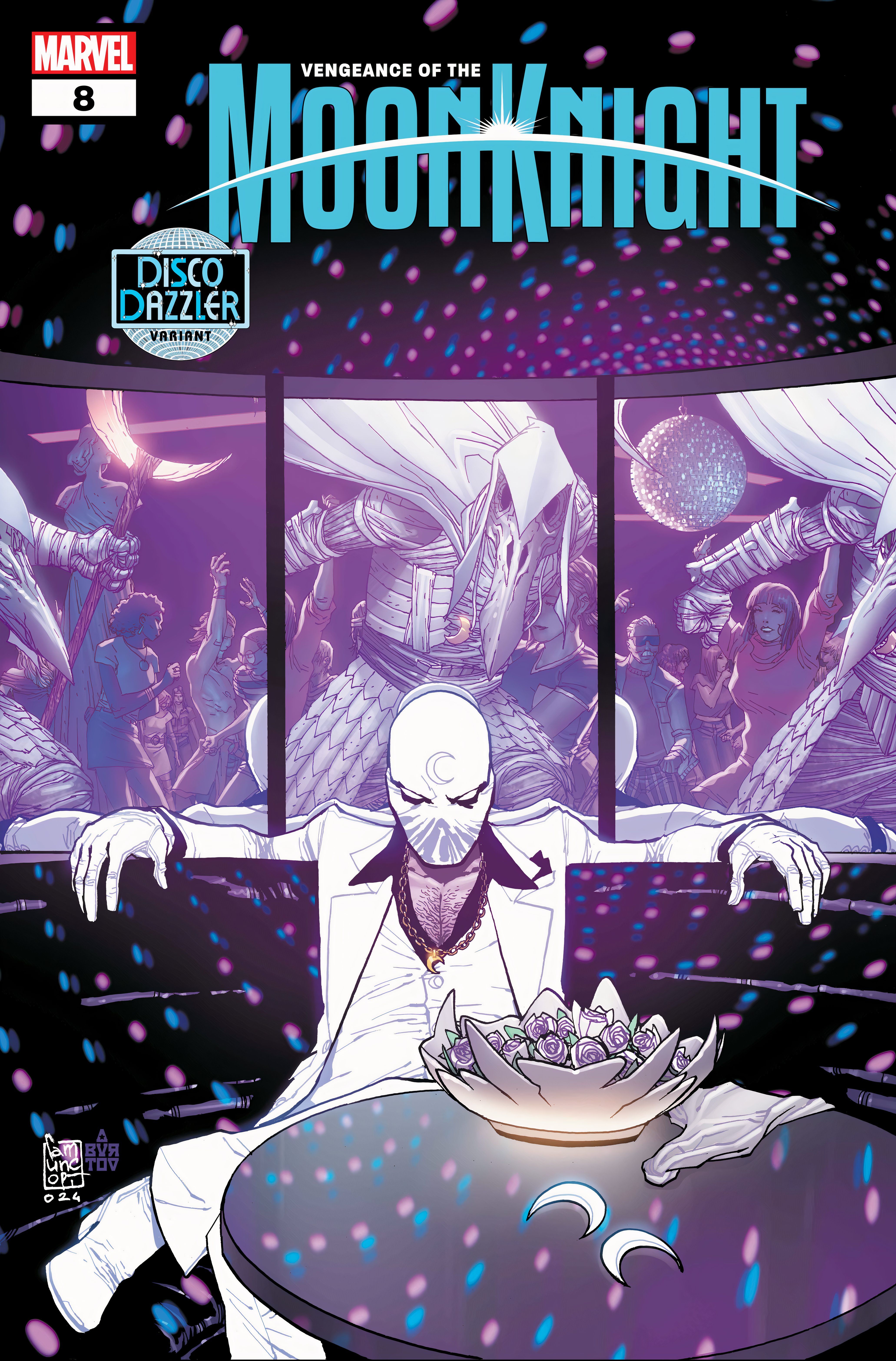The 1990s X-Men animated series beat the MCU to crafting unique storylines that acted as social commentary long ago. Unlike other cartoons that were around at the time, the X-Men animated series maintained its relevancy by inadvertently addressing topics such as racism, homophobia, and transphobia within short 20-minute long episodes. Through this, the show made these important issues easily accessible to children, displaying the harsh truths of the bigotry and hatred prevalent in society at the time.
While it’s no surprise that the X-Men animated series was so progressive, given the preexisting narratives within the comics, the showrunners had never actually read them. In fact, Totally Trans Pod revealed that while the writers drew on concepts from the comics, most of the storylines were fresh ideas created to reflect society at the time. After speaking to Julia Lewald (show writer) and Eric Lewald (story editor & developer), Totally Trans Pod reported that the show wanted to introduce the X-Men as thoroughly as possible, navigating complex themes. This led to the creation of the infamous episode “The Cure” in the show’s first season.
“The Cure” follows Rogue, who upon learning that a doctor on Muir Island has seemingly developed a cure for the X-Gene, decides that she wants to rid herself of her power. At surface level, it’s clear to audiences why Rogue’s power would make her want to do this, given the fact that she can drain the life force of anyone she touches. Rogue’s inner conflict with her power has been well documented in all variations of the X-Men, creating a barrier between herself and her personal relationships. However, “The Cure” adds more profundity to Rogue’s inner conflict with her power, creating a powerful, symbolic message that resonates with the LGBTQ+ community. For example, various parts of the episode are viewed as a strong LGBTQ+ allegory due to its analogy for conversion therapy and transgender medicalism (via Totally Trans Pod). This storyline is a prime example of how X-Men was able to blend existing characters with more original stories to address timely themes, rather than being strictly beholden to straight adaptation.

In fact, the episode really highlights the importance of LGBTQ+ narratives in film and TV. Primarily, Rogue’s inability to find comfort within her body even though she is viewed as “powerful” is something that is reflective of the trans community. Some of the other X-Men are unable to understand why a fellow mutant would want to give up their powers, seeing them as something to be proud of. However, in Rogue’s case, as documented by Jean Gray within the episode, it restricts her from being able to touch another person. In addition to this, the prospect of feeling as though one must change a core part of themselves to be loved, touched, or equal to others is analogous to conversion therapy. During the episode, audiences also learn that X-Men villain Apocalypse is behind the “cure“, which would really turn mutants into slaves. In fact, by the end of the episode, Rogue rebukes her treatment, testifying that “there ain’t no cure for who you are,” refusing to lock herself in a prison of her powers. Given that this episode aired at the height of the AIDS crisis with the ideology of “otherness” being pushed in the mainstream media, Rogue’s acceptance of her powers served as an invaluable comfort to kids and adults watching at the time that it was okay to be different in a cis-heteronormative society.
In fact, the MCU can learn a lot from the complexity of the X-Men animated series. Given that a majority of LGBTQ+ narratives are still sidelined in pop culture, the MCU could easily take advantage of its significant influence over the masses. Marvel’s anticipated revival of the animated series, X-Men 97′, should continue the original series legacy by combining comic book arcs with real-life societal issues, representing and educating a new generation. In the meantime, fans of the X-Men can watch all episodes of the animated series on Disney+.
Want more LGBTQ+ Content? Check out our essential reading below…
- Why It’s Still A Problem For Cis Actors To Play Trans Roles
- What If Poe And Finn Had Been A Couple In Star Wars
- DC Can Fix Supergirl’s Cancelation Mistake With 1 Perfect Spin-Off
- Has Star Trek’s Sulu Always Been Gay? It’s Complicated
- How Steven Universe Opened The Door For New LGBTQ+ Cartoons
- Stranger Things’ Will Mystery Hurts Its Perfect Robin Story
- A Secret 90s LGBTQ+ Nickelodeon Character Helped Make A Great First Step
- Doctor Who’s Next Era Can Be Truly LGBTQ+ Friendly
- How Power Rangers Can Fix Its Biggest LGBTQ+ Mistake
- LGBTQ+ High School Dramas Still Make 1 Major Mistake
- The MCU’s X-Men Can Fix Marvels Representation Problem
- Why The Owl House Season 2 Is The Next Step For LGBTQ+ Animation
- Disney Needs To Properly Fix Its LGBTQ+ Mistakes In All Franchises
- Best LGBTQ+ TV Shows On HBO Max Right Now
- Best LGBTQ+ Movies On HBO Max Right Now
- Best LGBTQ+ TV Shows On Hulu Right Now
- Best LGBTQ+ Movies Shows On Hulu Right Now
- Best LGBTQ+ TV Shows On Disney+ Right Now
- Best LGBTQ+ Movies On Disney+ Right Now
- Best LGBTQ+ TV Shows On Amazon Prime Right Now
- Best LGBTQ+ Movies On Amazon Prime Right Now
- Best LGBTQ TV Shows On Netflix Right Now
- Best LGBTQ+ Movies On Netflix Right Now
Key Release Dates

Thor: Love and Thunder
Release Date:2022-07-08
Black Panther: Wakanda Forever
Release Date:2022-11-11
Ant-Man and the Wasp: Quantumania
Release Date:2023-02-17
Guardians of the Galaxy Vol. 3
Release Date:2023-05-05captain marvel 2
Release Date:2023-07-28




